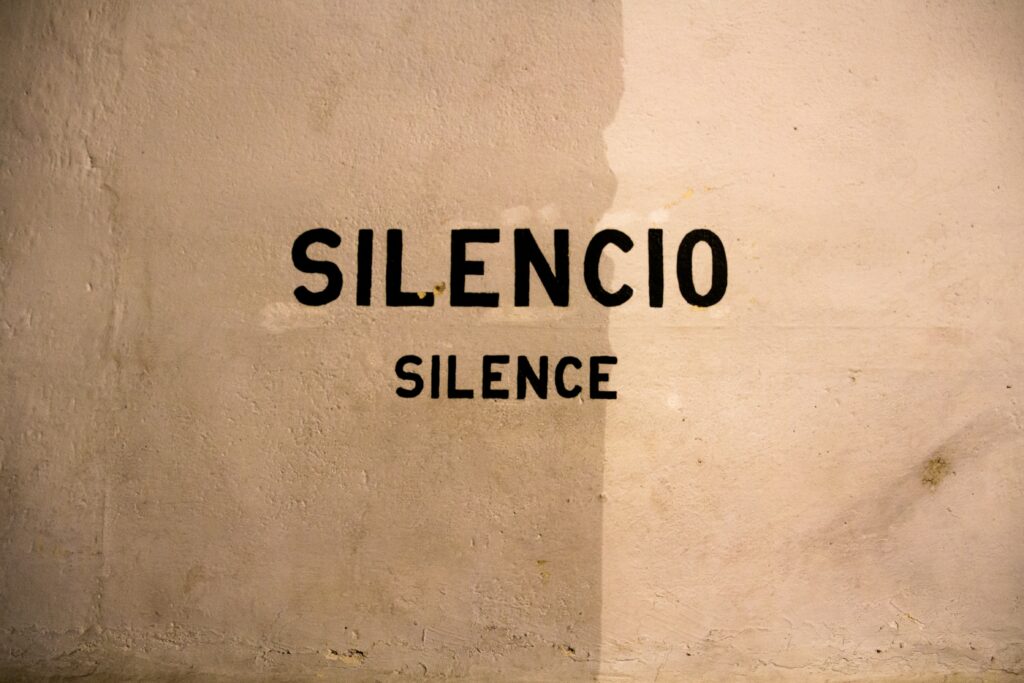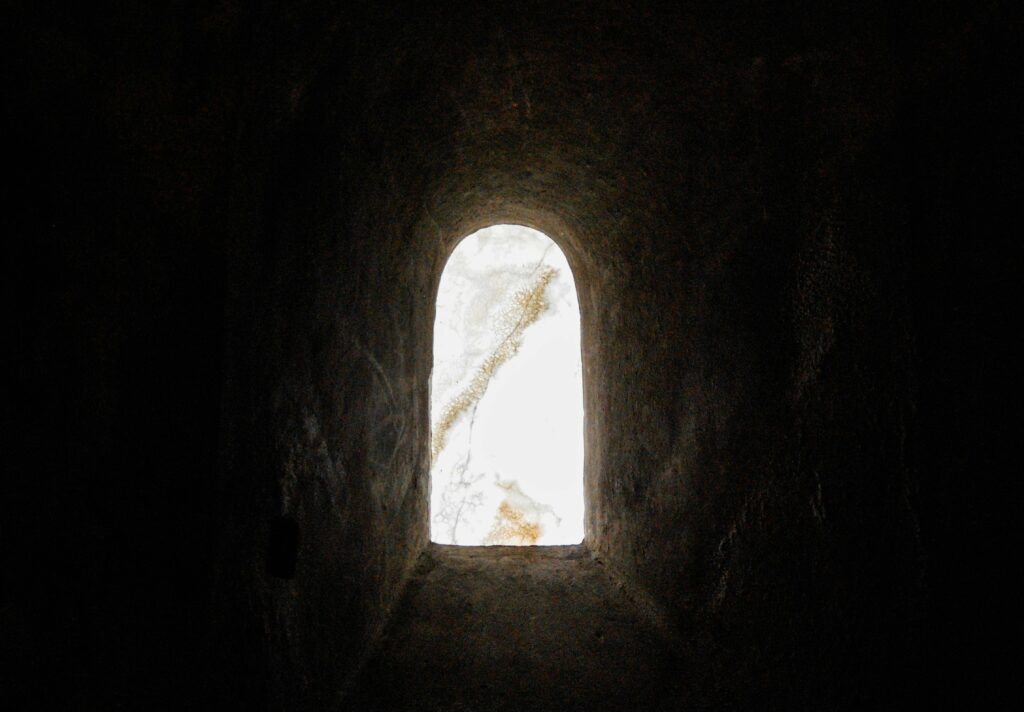Silence with cannon shots
Reverse secularization

The news that the Poor Clares of the town of Burgos, Belorado, (Spain), have broken obedience with the Catholic Church, taking advantage of the authority of a person who calls himself a bishop, has hit the media.
Even in gatherings in public establishments people now talk about the cloister. The older ones stop to explain what monasteries and cloistered life are. Well, although it may not seem like it, that terminology is disappearing from street language.
We will not stop to comment on the inconsistency of the “poor ladies” – a name given by the founders, Saint Francis, and Saint Clare, who intended that the sisters live without property and even without a dowry. The mandate of the saint of Assisi, to venerate the pope and the priests, is evaded by the schismatic sisters, disavowing the vicar of Christ and the entire Catholic Church since Pope Pius XII.
The conflict originates from the difficulties of selling one monastery to another. It seems that the actions of the bishoprics involved and of the Vatican itself have not been to the liking of the nuns. Although not everyone has joined the protest. In addition to those who have changed to a canonical community, there are older nuns, some with dementia problems, that any notary would not consider their decisions to be valid.
And if doctrinal they slip, what is at the level of property law is seen to be the same. According to Miguel Campo Ibáñez, professor of canon law at the University of Comillas, they cannot dispose of the properties as they please, stating that “it is true that the properties belong to the legal entity of the Santa Clara monastery, but not to its sixteen nuns. , in particular”. Let’s imagine that each church or convent that closes was distributed among the last residents. A heritage that those who live in the building will not purchase personally when they enter the community. The heritage belongs to the Church, that is, to the previous generations that inhabited it, to the faithful people who collaborated to do it, but, by no means, to one or some people in particular.
The sense of ownership, even with the best of intentions, corrupts the very purposes of an institution that was not created as a private company. Whether it is a sports or social institution where its president confuses the purposes of the institution with his own purposes, acting as owner of the entity, like a religious entity.
In the bishopric of Barcelona, a parish priest has been suspended a divinis, who, acting as owner, and even trying to put the Most Holy as a barrier so that his parish would not be suppressed, or that it would be integrated into a neighboring parish, just five minutes away. It is true that the redistribution of spaces is a problem when it affects particular interests. But whoever has the responsibility of governing must account for fair distribution. In this case, the suppressed parish is to become part of the Catholic medical university.
Many times, discrepancies in the church were resolved with an abandonment of the faith, that is, with secularization. Now it is a reverse secularization, where the differences with the hierarchy are highlighted, placing it outside of religion. According to them, those who are in conflict with their superiors are the popes and bishops, the non-Catholics.
Having said all this, I think what has failed is the dialogue. And I’m not referring to the statements that have been made. And of course to the answers, which there have also been. I am referring to the silences in the face of the answers that were being given.
The end has been those cannon shots that have broken the silence of obedience. Any analyst will recognize that such measures on the part of those are not the result of a sudden mental alienation, but rather of frustrations with specific interests expressed or not.
The statements of the bishop of Burgos, Mons. Iceta, are striking, in which he states that what happened has come back to him again. He expressed his surprise by stating that in the several visits he made to the nuns, they never expressed any interests or discontent they had.
When something is understood as unfair, but is not expressed, it does not mean that one agrees. In this sense, the saying that he who remains silent grants is not true. Rather, those who remain silent about “injustices” accumulate anger. I accumulated discontent, like summer storms, can cause damage. In this case, the refusal to sell a monastery caused it.
We imagine the “cordial” visits of the bishop to the community, the nuns experiencing, the frustration of not being able to go about the business of buying and selling the monasteries.
When we silence the mobile phone, we can put it in “airplane mode”. Depending on what visits we can, where cordiality hides problems, we can coin the terminology “bishop mode.”
Recently, Pope Francis has had to apologize for comments that some consider offensive towards homosexuals, when he has spoken about Italian seminaries and seminarians. The Holy Father invites us with his way of communicating to move away from politically correct languages. He has addressed covered topics for years, with truthfulness, courage and transparency, although that could cause discomfort to more than one, but repressive silences can become destructive cannon shots.
Related

Francis’s Legacy: The Church, a Field Hospital
Isabel Durán Doussinague
23 April, 2025
2 min

The Challenges of the Next Pope and the Path of Grace
Javier Ferrer García
23 April, 2025
4 min

Easter for a Life of Hope
Mario J. Paredes
21 April, 2025
4 min

Munilla: ‘Chronic Adolescence’ or ‘Maturity in Christ’
Exaudi Staff
21 April, 2025
3 min
 (EN)
(EN)
 (ES)
(ES)
 (IT)
(IT)

